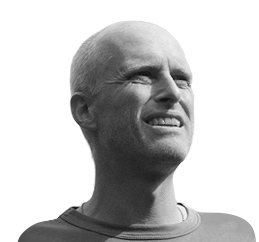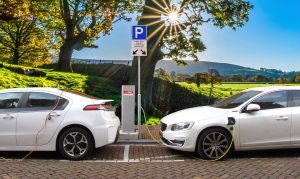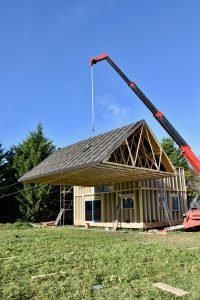
As a business, Perform Green we are focused around creating a greener and a smarter society; in practice this needs us all to live, work and run our society in a way which is more respectful of resources and sustainability in all its guises. This means economic, social, environmental and well-being sustainability; underpinning much of this and where Perform Green have a particular area of expertise is digital connectivity and smart society. Connectivity, digital, and data will transform our lives and our work and society in general.
In this podcast, Steve Wells from Informing Choices speaks to Toby Rhodes about the Future of Place.
Place-making is a malleable term, open to interpretation. Whether it’s physical design characteristics, land values, job creation, environmental sustainability, biodiversity, new amenities or simply a sense of well-being, people assign different values to areas. Furthermore, it seems that COVID-19 has triggered an increased appetite for connection, a sense of belonging, and a sense of community between neighbours. Beyond just surviving the pandemic, the benefits of community are clear: social connection can help you live a longer, happier life.
Transport, Work and the Future of Place

 A Low Carbon Future for Housing
A Low Carbon Future for Housing
The UK government recently brought forward its target for an 80% reduction in carbon emissions by 2035. This will demand a dramatic shift in energy usage as we move away from natural gas. One area where this shift will have a massive impact is in Housing.
There has to be a move to heating by electric, ground-source, air-source, solar, district heating and hydrogen. However, as nearly all of these energy sources deliver less heat output than natural gas there will need to be a combined massive improvement in building thermal efficiency for the shift to be cost effective.
Key enablers of this (for new-builds) will be the rise in offsite construction techniques, and for all housing the increasing use of digital control to optimise energy usage. It is not far into the future that all new houses will come with digital connectivity built in from the ground up. Houses will come ready wired up with ethernet cables and wireless sensors and be controlled by digital apps rather than physical switches.
You can hear the full podcast on The Future of Place (24mins) on YouTube by clicking below or on the Anchor podcast platform here.

